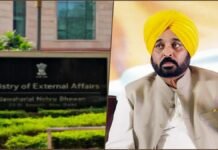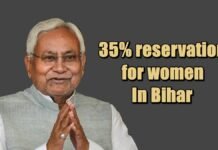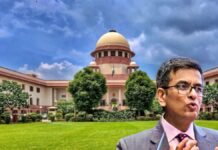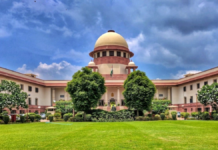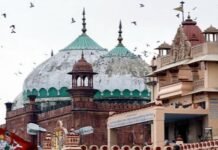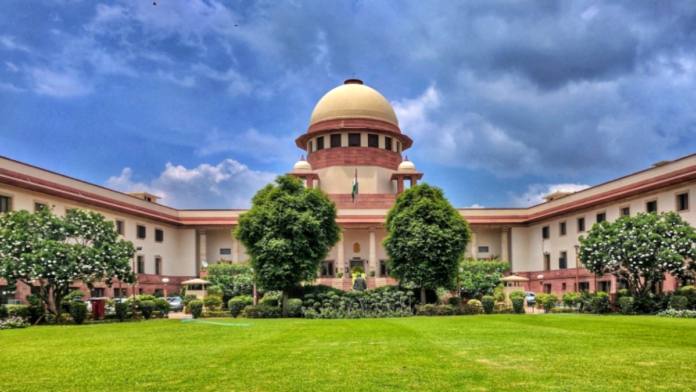
New Delhi: In a stern rebuke to the Andhra Pradesh government, the Supreme Court on Monday expressed its disapproval over the handling of a massive controversy involving the sacred Tirupati laddoos and prasadam. The issue arose after allegations surfaced that animal fat, including “beef tallow,” had been used in the preparation of the laddoos, sparking widespread outrage among the Hindu community. The court emphasized that it expected “gods to be kept away from politics” and criticized the state’s premature disclosure to the press, which risked inflaming public sentiment.
The bench, comprising Justices BR Gavai and KV Viswanathan, questioned the rationale behind the public statement by a “high constitutional functionary” while an investigation was still ongoing. Justice Gavai stated, “When you hold a constitutional office, it is expected that you exercise caution. We expect gods to be kept away from politics.” He added, “What was the necessity to go to the press before the probe’s outcome?”
The court was hearing petitions related to the claims made by former Chief Minister N. Chandrababu Naidu, who accused the previous YSR Congress Party (YSRCP) government of using animal fat in the ghee for the laddoos offered at the Sri Venkateswara Swamy temple in Tirumala. Naidu’s allegations, targeting the YSRCP regime under Y.S. Jagan Mohan Reddy, have stirred a political storm and hurt the religious sentiments of millions of devotees.
Supreme Court Seeks Probe Details, Questions Timing of Statements
The court scrutinized the state government’s actions, particularly the release of lab reports that appeared to fuel public outrage. “If an investigation was ordered, why go to the press before confirming the facts?” Justice Viswanathan asked. The state had issued a lab report in July, yet a public statement was made only in September, raising questions about the timing and necessity of the disclosure. The court asked for proof regarding the contamination and pressed the government to explain its decision to release findings to the media.
The Solicitor General, Tushar Mehta, weighed in, describing the matter as deeply sensitive to faith. “If contaminated ghee was indeed used in preparing the laddoos, it would be unacceptable. This affects the sentiments of crores of people.” Mehta supported the court’s concerns about the premature media engagement, emphasizing the need for careful handling of religious matters.
Investigating Allegations of Adulteration: SIT or Independent Probe?
The Supreme Court is now considering whether the ongoing Special Investigation Team (SIT) probe, which was established by the Andhra Pradesh government, should continue or if an independent agency should take over. The court sought the assistance of the Solicitor General to decide on the matter during the next hearing, scheduled for October 3.
Chief Minister Naidu’s accusations have led to a bitter political battle, with allegations of substandard and impure ingredients being used in the sacred prasadam. The state government appointed a nine-member SIT, led by Guntur Range Inspector General Sarvashresth Tripathi, to investigate the allegations. However, critics, including members of the YSRCP, argue that an SIT reporting directly to the state government lacks the credibility required for a matter of such religious sensitivity. They have called for a Supreme Court-monitored investigation to ensure impartiality.
Political Allegations and Public Sentiment Collide
The controversy has become a lightning rod for political attacks. Senior BJP leader Dr. Subramanian Swamy, Rajya Sabha MP YV Subba Reddy, and historian Dr. Vikram Sampath are among those who have filed petitions urging the court to oversee the investigation. Meanwhile, the state’s legal team argued that the accusations are politically motivated attempts by Naidu to undermine the YSRCP government.
As the Supreme Court continues to address the complexities of the case, including the validity of lab reports and the procurement process for ghee used in temple offerings, the political and religious implications remain profound. For millions of devotees, the sanctity of Tirupati’s offerings is at stake, and the court’s ruling could reshape the handling of religious controversies in the future.
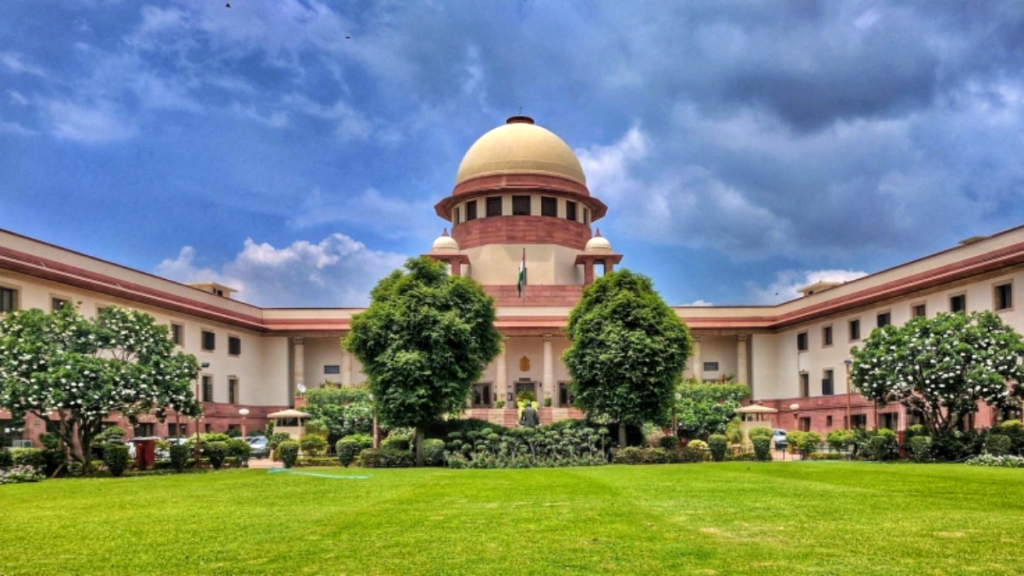
With tensions high and public faith on the line, the Supreme Court’s decision on whether to allow the SIT to proceed or to appoint an independent body will be critical in maintaining the balance between politics, religion, and justice in this sensitive case.

